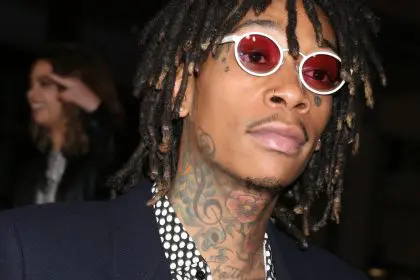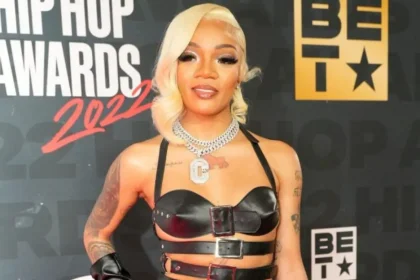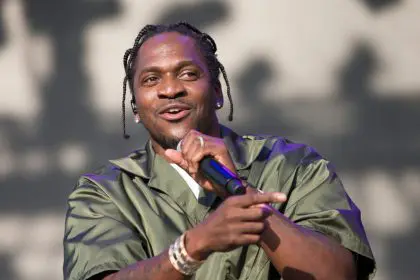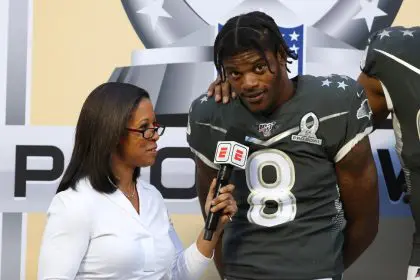Inside hip-hop’s most intriguing mentor-turned-critic relationship
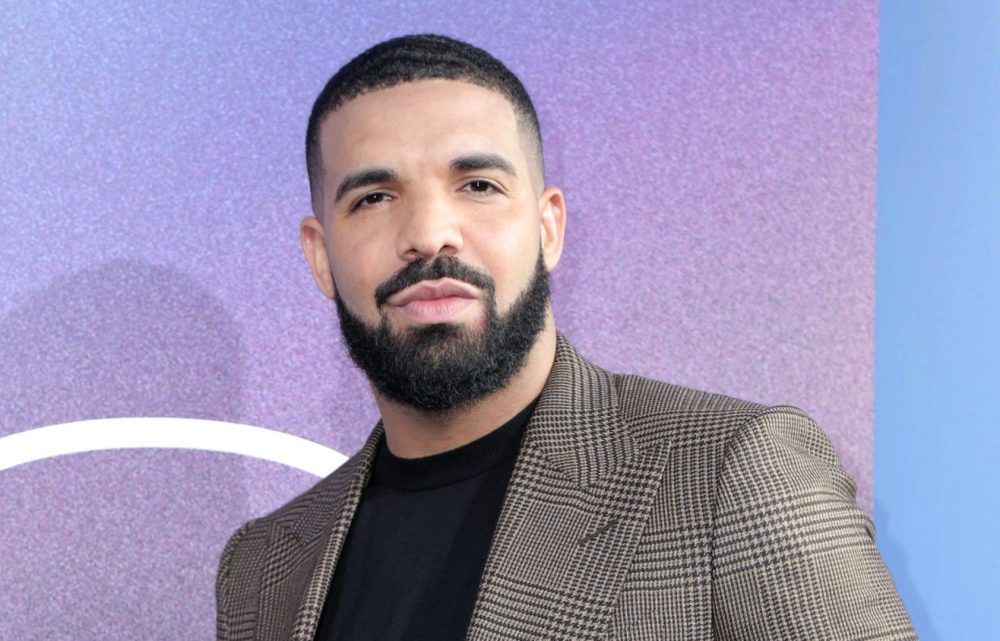
The early years
Before their paths diverged, Drake and Joe Budden‘s relationship began with mutual respect, particularly Drake’s admiration for Budden’s emotional authenticity in hip-hop. This foundation, rooted in early influences and shared artistic ideals, would later complicate their professional interactions and shape public perspectives.
Evolution of relations
Initial connection
Drake’s early career was marked by a deep appreciation for artists who spoke from the heart and embodied raw, unfiltered emotion. Among them was Joe Budden, whose music resonated with fans for its vulnerability and introspective lyrics. Budden’s 2003 album, Mood Muzik 2: Can It Get Any Worse?, showcased his penchant for introspection and personal storytelling—a quality that Drake would come to emulate in his own music. For Drake, Budden was a mentor figure, someone whose fearless honesty in rap offered a blueprint for a different kind of success.
Career trajectories
While Drake steadily rose to prominence with a string of hit mixtapes and his breakout 2009 album, So Far Gone, Budden’s career was undergoing a transformation. Once a promising figure in the early 2000s, Budden’s mainstream appeal waned, forcing him to pivot from a solo artist to a media personality and podcast host. Despite his shifting trajectory, Budden’s influence on the industry remained undeniable, and he continued to be a voice in hip-hop culture.
Missed opportunities
Failed collaborations
The potential for a joint project between Drake and Joe Budden was evident as early as 2006, when Drake was still developing his signature sound. In interviews, both artists have hinted at this initial attempt that ultimately fell through. Reports suggest creative differences and timing issues as significant barriers. Drake, navigating the ascent of his career, wanted a project that balanced artistic vision with mass appeal, while Budden was wary of compromising his core, raw approach. The industry climate, heavily leaning towards commercially viable sounds, also played a role in the failed collaboration.
Creative vision clash
A major point of contention between the two artists lay in their contrasting artistic goals. Budden was a purist, prioritizing lyrical authenticity and storytelling. Drake, on the other hand, sought to blend commercial success with personal, confessional content—a style that eventually became his hallmark. These differences created friction, as Budden’s deep-rooted preference for unfiltered, emotionally intense rap clashed with Drake’s evolving formula that balanced emotional weight with mainstream appeal.
Industry impact
Cultural significance
The relationship between these two artists became emblematic of a wider generational divide in hip-hop. Budden represented the late 90s and early 2000s ethos: gritty, introspective, and uncompromising. Drake, meanwhile, epitomized a new wave of hip-hop that was more polished and commercially conscious. This contrast highlighted an ongoing shift in the genre’s landscape—one that blurred the lines between artistry and marketability.
Media influence
As the years went by, public perception of their relationship grew more complicated. With social media and industry blogs amplifying every comment, both artists became focal points for fans and critics alike. Budden’s outspoken nature and candid opinions fueled public discourse, particularly when he expressed skepticism about Drake’s authenticity and questioned his reliance on collaborators. Conversely, Drake’s rise as a global superstar reinforced his position as a figure whose creative choices influenced the market’s direction.
Professional evolution
Role transitions
In recent years, Budden has found new avenues for his voice through his podcasting career. His show, The Joe Budden Podcast, established him as a prominent media personality and a critic of industry practices, including those involving Drake. Meanwhile, Drake has continued to evolve, balancing his musical output with ventures into acting and business. This dynamic shift in their careers underscores how their professional paths diverged but maintained overlapping themes of influence and contention.
Current dynamic
Today, while their relationship remains complicated, there are moments of respect between the two. Publicly, they have exchanged words that hint at an unspoken acknowledgment of their mutual impact on hip-hop. This evolving dynamic suggests that while creative differences remain, professional respect has been established in certain circles.
Artistic integrity
Creative vision
The ongoing discourse between Drake and Budden invites listeners to consider what artistic integrity looks like in the modern music landscape. For Budden, it’s about maintaining an uncompromising voice, while for Drake, it’s about expanding his sound to resonate with a larger audience while retaining personal, relatable themes.
Industry standards
The changing standards in hip-hop—where streaming numbers, collaboration culture, and viral moments matter—have redefined what it means to be successful. This shift has had lasting effects on artists like Budden, who was a proponent of artist-centric narratives, and Drake, whose success has defined new market expectations.
Future implications
Potential development
The future of their relationship remains uncertain. Will there be a time when creative differences fade enough for a collaboration? Or will their legacies remain as parallel but never intersecting paths?
Cultural impact
Regardless of where their story goes from here, the narrative between Joe Budden and Drake will remain significant. It’s a story of missed chances, evolving identities, and the balance between commercial success and artistic truth in the ever-changing world of hip-hop.
Conclusion
The relationship between Joe Budden and Drake represents a complex chapter in hip-hop history, illustrating the delicate balance between maintaining artistic integrity and adapting to an industry driven by commercial success. Their evolving dynamic offers insight into how artists negotiate their place within an ever-changing landscape and how personal and professional differences can shape an entire genre.


